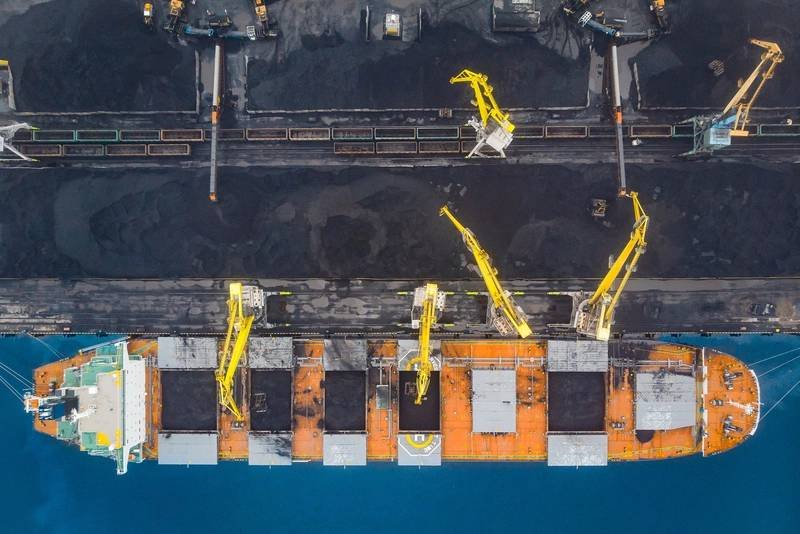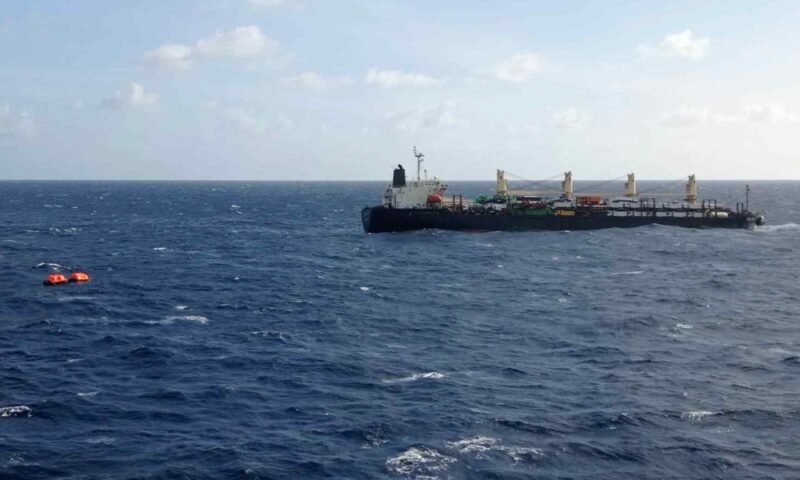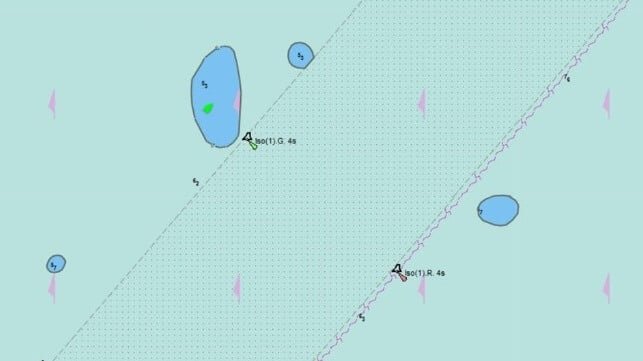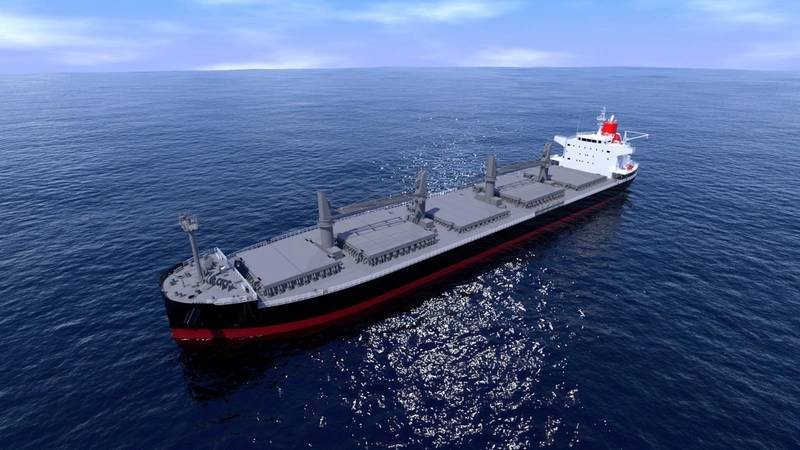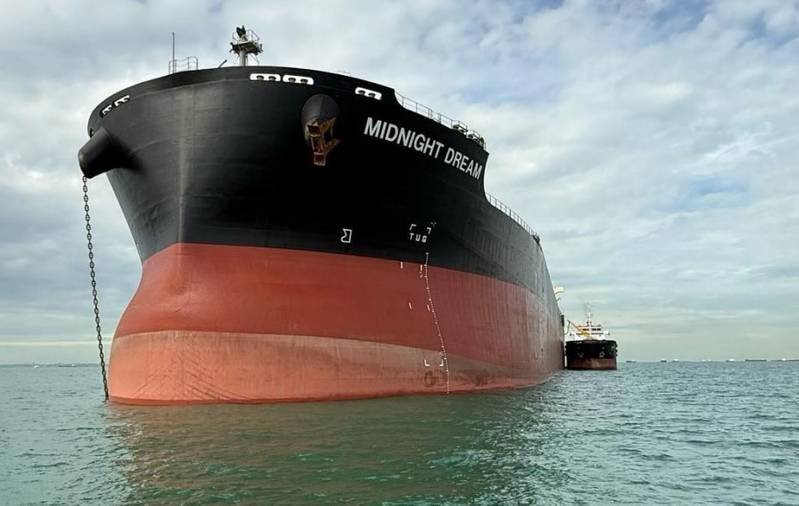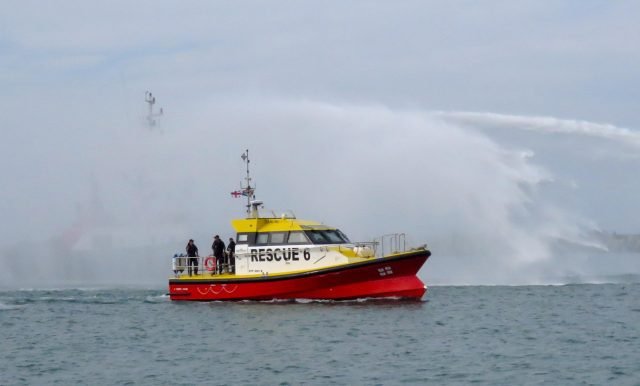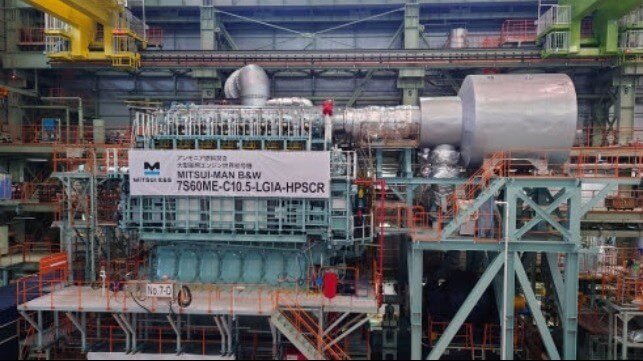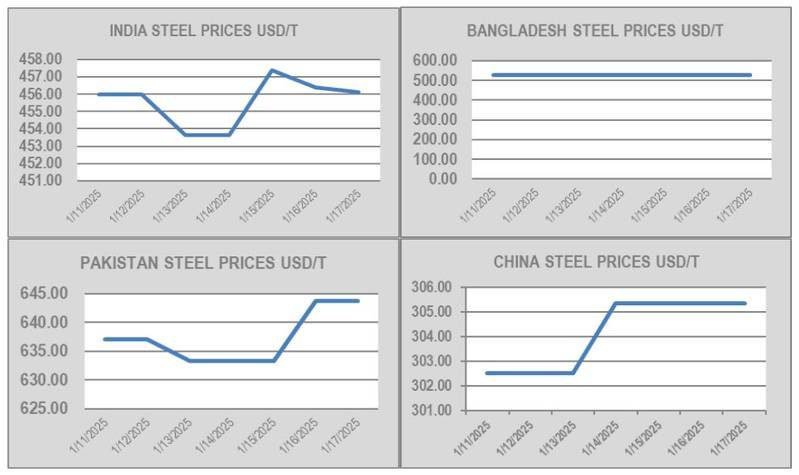On November 27, 2024, a bulk carrier transporting “Bailey High Vol Coking Coal” off the coast of Virginia experienced explosions in two cargo holds, likely due to methane gas buildup. Investigations revealed elevated methane levels in other holds, posing a safety risk. Shipping coal by sea carries various hazards, such as methane emission and self-heating, necessitating adherence to the IMSBC Code’s precautions. The U.S. Coast Guard found deficiencies in the cargo-specific shipping declaration, ventilation, atmospheric sampling, and cargo trimming, highlighting the need for compliance with safety standards.
To address risks associated with coal shipment, the U.S. Coast Guard advises vessel stakeholders to ensure accurate and comprehensive cargo-specific shipping declarations. Compliance with IMSBC regulations, safety management systems, and communication with shippers regarding cargo behavior changes are crucial. Contingency procedures for emergencies and heightened vigilance in handling coal, including ignition source removal and strict safety measures, are recommended. The recent incident underscores the importance of proactive measures to prevent accidents and ensure maritime safety.
In response to the incident, the U.S. Coast Guard emphasizes the importance of thorough safety protocols for coal shipment by sea. Vessel operators, mariners, and maritime personnel are urged to follow regulations, communicate effectively, and implement contingency plans to address potential hazards effectively. By adhering to industry best practices and maintaining strict safety standards, the risks associated with transporting coal can be minimized, promoting safer maritime operations.


